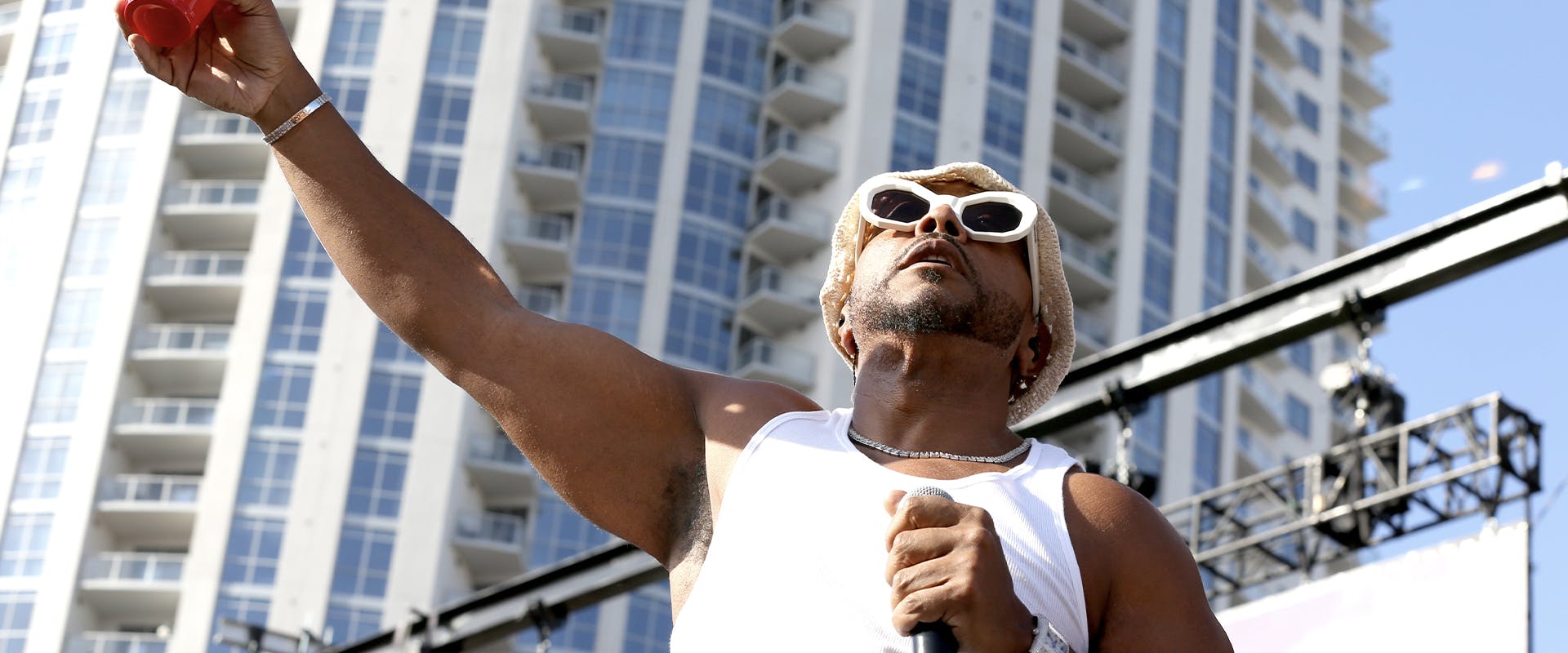As aforementioned, Young Guru has been vocal about his concerns with AI deep fakes. "On one hand, I’m well aware that you can’t stop technology," Guru reasoned in a post featuring a deepfake of Jay-Z. "Once the genie is out of the box you can put him back in. On the other hand, we have to protect the rights of the artist. Not only artists but everyone in society. People should not be able to take your name, image, and likeness without permission. We have to add a voice to this law."
In April, Universal Music Group demanded Spotify, Apple Music, Tidal and all streaming platforms block AI versions of their artists and their copyrighted songs. “We will not hesitate to take steps to protect our rights and those of our artists,” UMG wrote to online platforms in March, in emails viewed by the FT. However, even that development still leaves questions about deepfake verses with original lyrics and production.
In a recent interview with Rock The Bells, IP lawyer Antoine Wade admitted that as of right now, there isn't a lot of recourse for artists whose voices are used for AI deepfakes. "As of now, they’re not illegal but because of the chaos and manipulation they can cause, there may be remedies available to the person whose rights are being threatened," he said.
Wade also detailed what he'd like to see happen to protect artists. "It's either two things, right? You put something in place where if you're going to use artificial intelligence, there has to be some type of restrictions," he said. "They have to be required to put disclaimers on their videos that say what you're listening to is not Jay-Z, or is not Kanye West, this is only for entertainment purposes. And then, there should be something in place that says those artificial intelligence videos, or those songs that they create, cannot be monetized. And in the event, that you don't provide a disclaimer, or you attempt to monetize those types of videos, you should be subject to a hefty fine."

